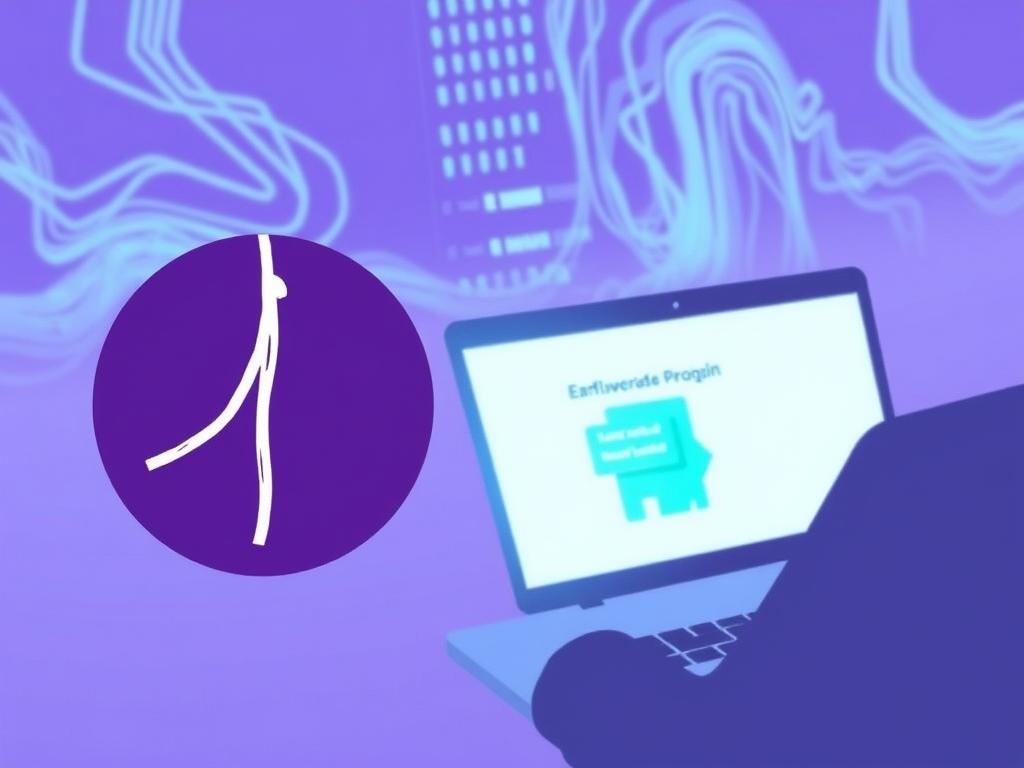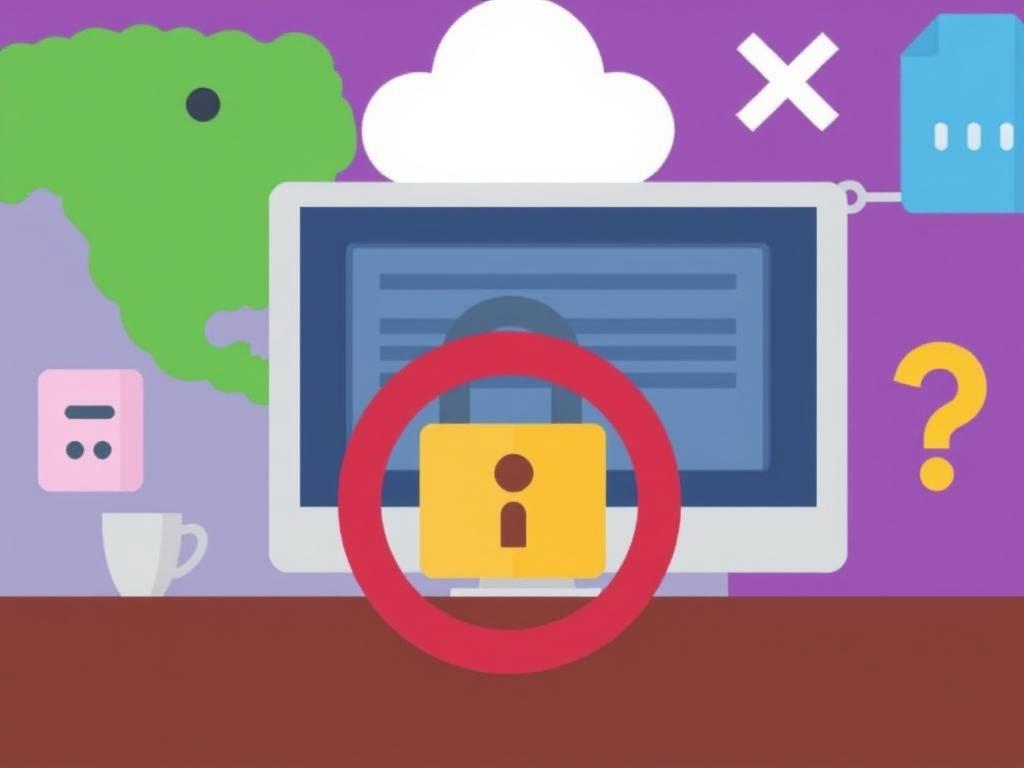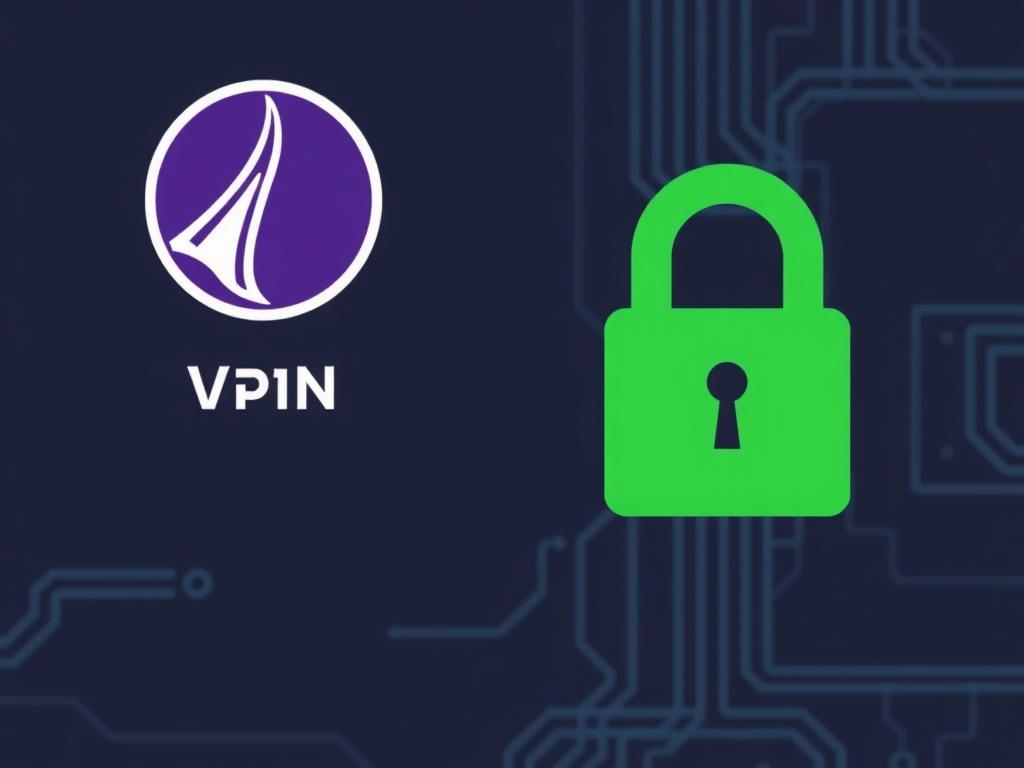In today’s digital age, where online privacy is increasingly becoming a concern for millions, many people are looking beyond VPNs to protect their identity and data. VPNs or Virtual Private Networks have long been considered one of the most reliable tools for securing internet traffic, masking IP addresses, and bypassing geo-restrictions. But what if you don’t want to use a VPN? Are Tor or Proxy servers enough as VPN alternatives? This article dives deep into these options, exploring their strengths, weaknesses, and whether they can truly replace VPNs for your everyday online privacy and security needs.
Understanding VPNs, Tor, and Proxy Servers
Before judging whether Tor or Proxy is enough as a VPN alternative, it’s crucial to understand what each of these tools actually does. VPNs work by creating an encrypted tunnel between your device and a secure server before your data reaches the internet. This masks your IP address and encrypts all your internet traffic, making it difficult for anyone—hackers, advertisers, or even internet service providers—to monitor your online activities.
On the other hand, a Proxy server acts as an intermediary between your device and the internet. When you use a proxy, your requests to websites are first sent to the proxy server, which then forwards them on your behalf. It hides your real IP address but usually does not encrypt your traffic, making it less secure than a VPN.
Tor, or The Onion Router, takes a different approach. It routes your internet traffic through multiple volunteer-operated servers (nodes), encrypting data at each hop. This layered encryption enhances anonymity by making it extremely difficult for anyone to trace your exact IP address or online activities.
How Tor Works: A Layered Approach to Anonymity
Tor is designed primarily for anonymity rather than speed or geo-spoofing like VPNs. When you use Tor, your traffic gets bounced across multiple nodes around the world before reaching its destination, encrypting and decrypting data at each step. This makes tracking your location or identity very difficult.
However, this multi-hop routing can slow down your internet connection considerably. Many users report slower browsing speeds and difficulties streaming video content via Tor due to this delay. Additionally, some websites actively block or limit traffic coming from Tor exit nodes to reduce spam or abuse.
Pros of Using Tor

- Strong anonymity through layered encryption
- Free and open-source
- Hard to track your physical location or IP
- Bypasses most forms of censorship
Cons of Using Tor
- Significantly slower browsing speeds
- Not ideal for streaming or gaming
- Potential exit node monitoring
- Some websites block Tor traffic
Proxy Servers: Simple IP Masking Without Encryption
Proxy servers act as a go-between for your connection and the internet, making it seem like your web requests come from the proxy’s own IP address. Many web users rely on proxies to bypass geo-restrictions or hide their IP address quickly.
However, proxies generally don’t encrypt any data, which means your ISP or other third parties can still see what you’re doing online. This lack of encryption fundamentally limits the utility of proxies as VPN alternatives when privacy and security are the main concerns.
Types of Proxy Servers
| Proxy Type | Description | Encryption | Common Use Cases |
|---|---|---|---|
| HTTP Proxy | Handles only web traffic (HTTP/HTTPS) | No | Bypassing geo-restrictions, quick IP masking |
| SOCKS Proxy | Works with any kind of traffic (email, torrent, etc.) | No | More versatile than HTTP proxies, but no encryption |
| Transparent Proxy | Intercepts traffic without modifying requests | No | Content filtering, caching |
Benefits of Using a Proxy
- Simple and usually faster than Tor
- Helpful for unblocking websites quickly
- Often free or low cost
- Useful for low-risk tasks like accessing region-restricted content
Drawbacks of Proxy Servers

- No traffic encryption leading to privacy risks
- Can be detected and blocked by websites
- Does not protect against malware or other cyber threats
- Reliability varies widely across free proxy providers
VPN vs Tor vs Proxy: Which One Do You Really Need?
Each of these technologies—VPN, Tor, and proxy—has its own sweet spot in terms of use cases, strengths, and weaknesses. If you want comprehensive online security and privacy, VPNs are typically the best choice because they offer encryption, speed, and wide device compatibility. VPNs are reliable for activities like streaming, torrenting, online banking, or simply browsing safely on public Wi-Fi.
If your priority is the highest degree of anonymity, such as evading government surveillance or whistleblowing, Tor might be your best bet despite its slower speeds and limited support for some websites. Tor’s layered encryption and multi-node routing make it incredibly difficult for anyone to monitor your activity.
Meanwhile, proxies are ideal for lightweight tasks that need only basic IP masking without privacy or security guarantees. They’re useful for bypassing geographic restrictions for video content or infrequent web browsing but are not suitable if you deal with sensitive data.
Comparison Table: VPN, Tor, and Proxy
| Feature | VPN | Tor | Proxy |
|---|---|---|---|
| Encryption | Yes | Yes, multi-layer | No |
| Anonymity | Good | Excellent | Poor |
| Internet Speed | Fast to medium | Slow | Fast |
| Bypass Geo-blocks | Yes | Limited | Yes |
| Device Compatibility | High | Medium (via Tor Browser) | Medium |
| Cost | Usually paid | Free | Often free |
Can You Rely on Tor or Proxy Without a VPN?
While Tor and proxies offer some valuable features as VPN alternatives, relying solely on them comes with important caveats. Tor’s unique strengths in anonymity and censorship circumvention make it indispensable for certain users. However, it’s not designed for everyday internet users who want fast, secure, and reliable browsing. Also, because some Tor exit nodes can monitor traffic crossing their servers, it’s important not to send sensitive data without additional encryption.
Proxies, meanwhile, are too limited to serve as a comprehensive privacy solution. Without encryption, your traffic remains vulnerable to interception, and your true IP can still be leaked in some scenarios. Proxies do not prevent your ISP, government, or hackers from seeing your internet activity. As such, they are better considered lightweight VPN alternatives for very specific uses.
When Combining Tools Makes Sense
Interestingly, many privacy-conscious individuals use a combination of VPN, Tor, and proxy technologies to gain layered protection. For example, using a VPN alongside Tor can hide your Tor usage from your ISP and add an extra level of encryption before your traffic enters the Tor network. Some also combine proxies with VPNs to access region-restricted content while maintaining encryption and anonymity.
Ultimately, the choice depends on your threat model, online habits, and priorities. No single tool fits every need, so understanding what each technology offers helps you build a safer and more private internet experience.
Tips for Choosing the Right Online Privacy Tool
- Assess your needs: Are you prioritizing anonymity, speed, or access?
- Research software: Look for reputable VPN providers and use official Tor Browser downloads only.
- Stay updated: Regularly update your tools to avoid vulnerabilities.
- Combine wisely: Use a VPN with Tor or proxies when applicable to maximize privacy.
- Be cautious on public Wi-Fi: Avoid sensitive transactions without proper encryption.
Conclusion

So, is Tor or Proxy enough as a VPN alternative? It really depends on what you want from your online privacy tool. Tor excels in anonymity and censorship resistance but sacrifices speed and sometimes usability. Proxies offer quick IP masking but no real security, making them suitable only for low-risk browsing or content unblocking. VPNs remain the most versatile and reliable option for most users seeking a balanced mix of privacy, security, and performance. If you want complete online protection, combining these technologies thoughtfully may be your smartest approach. Ultimately, understanding the strengths and weaknesses of Tor, proxies, and VPNs empowers you to make informed decisions about your digital privacy in an increasingly connected world.
